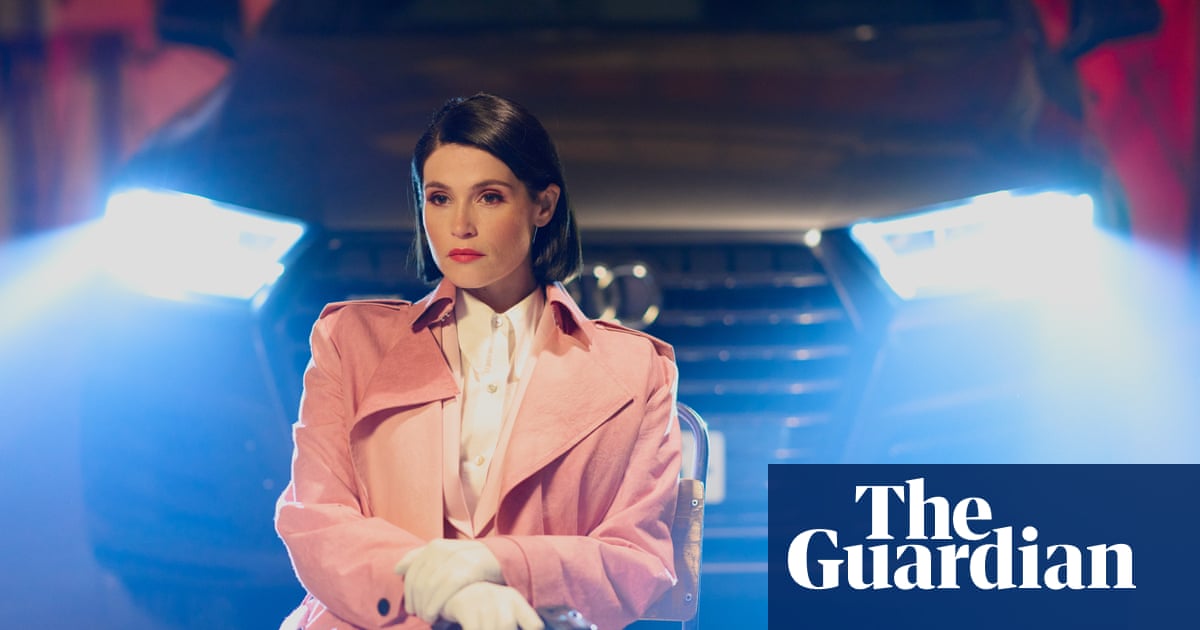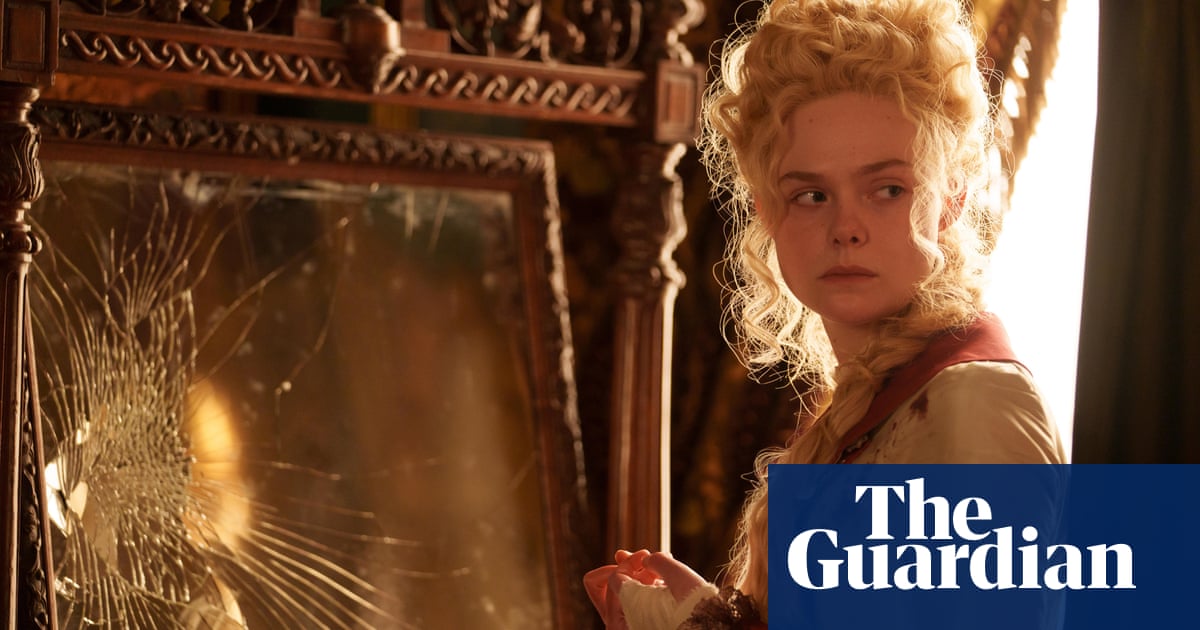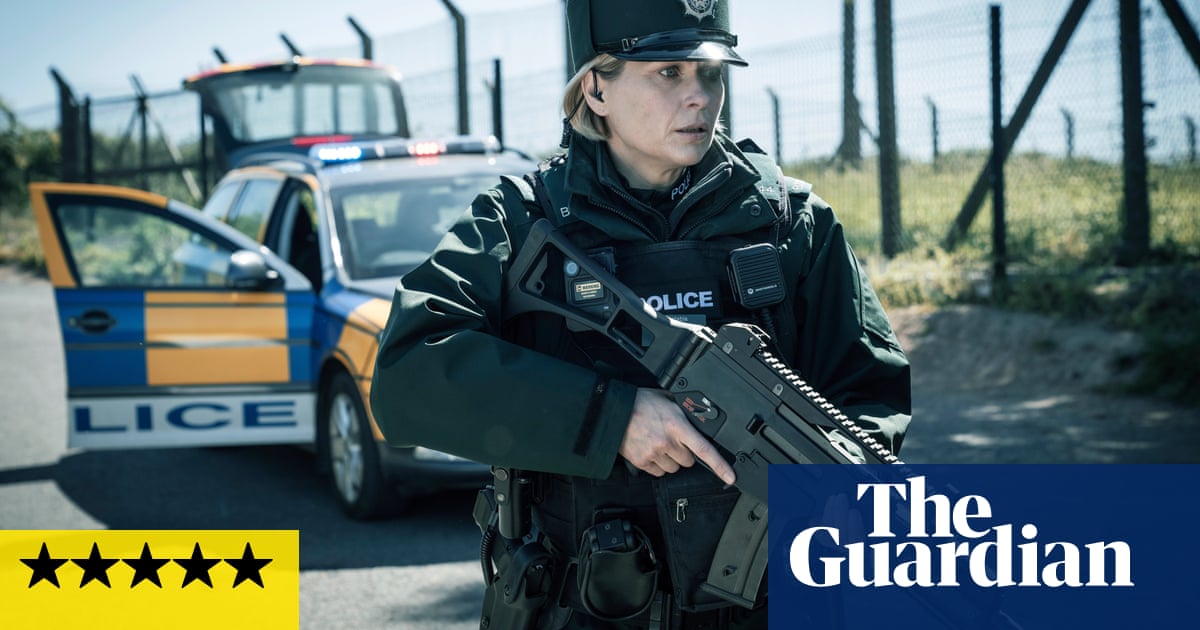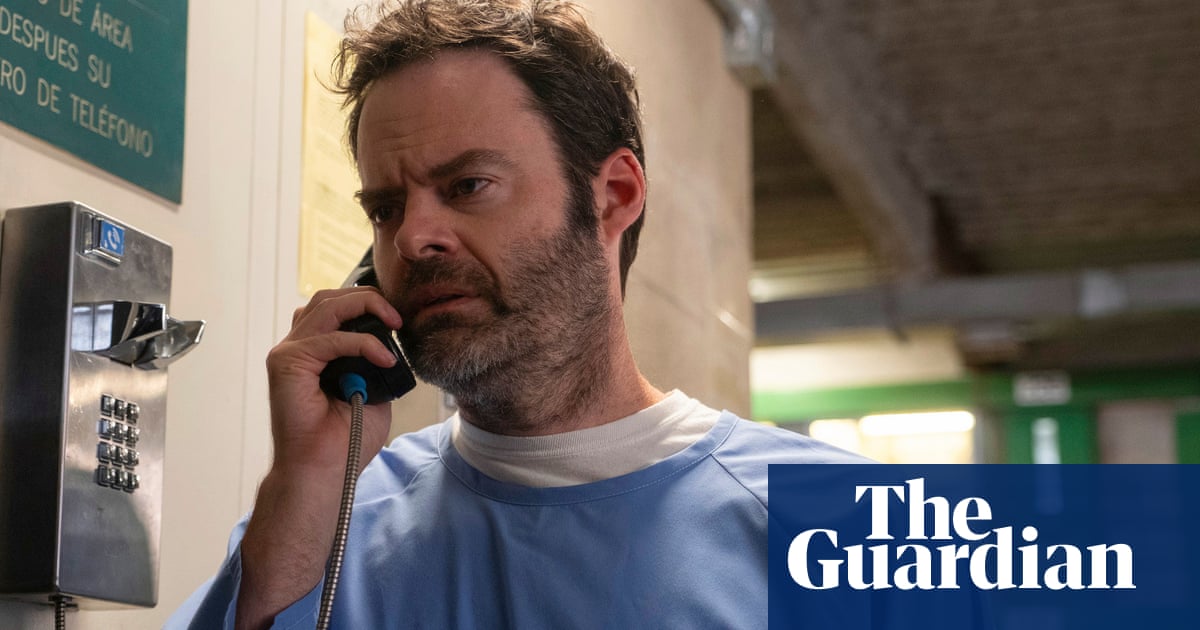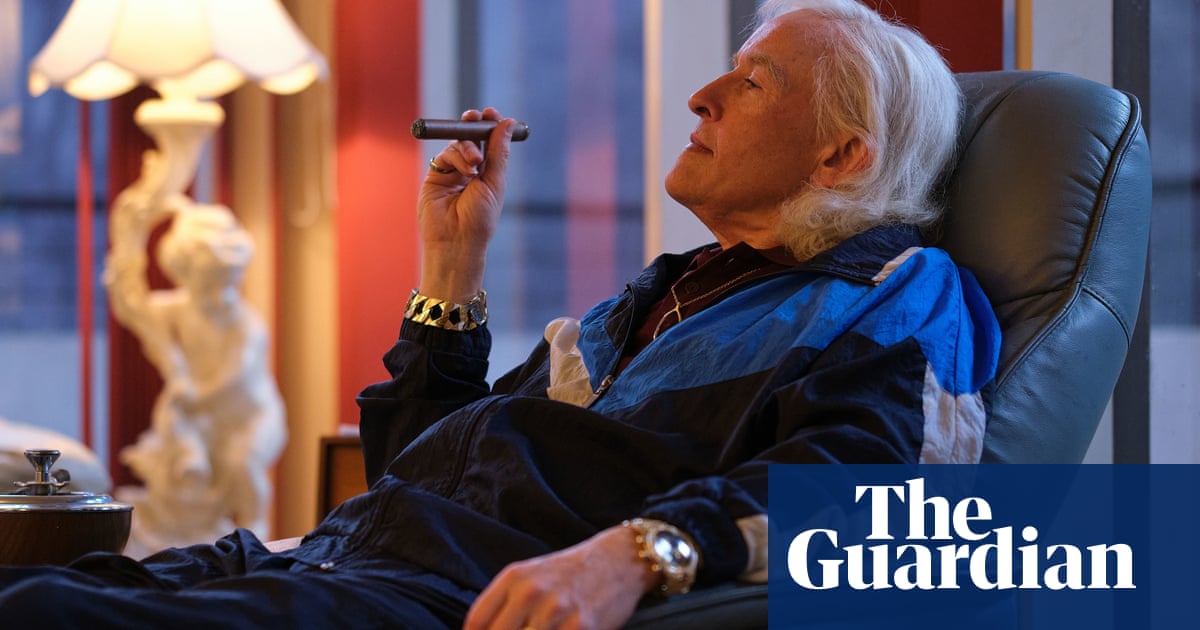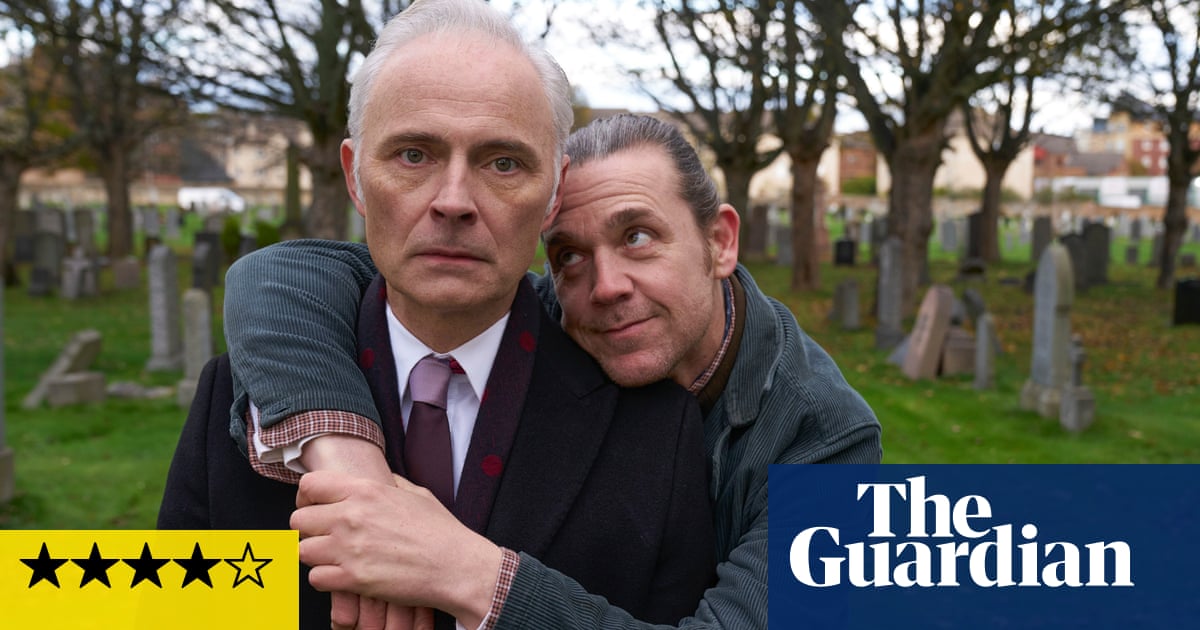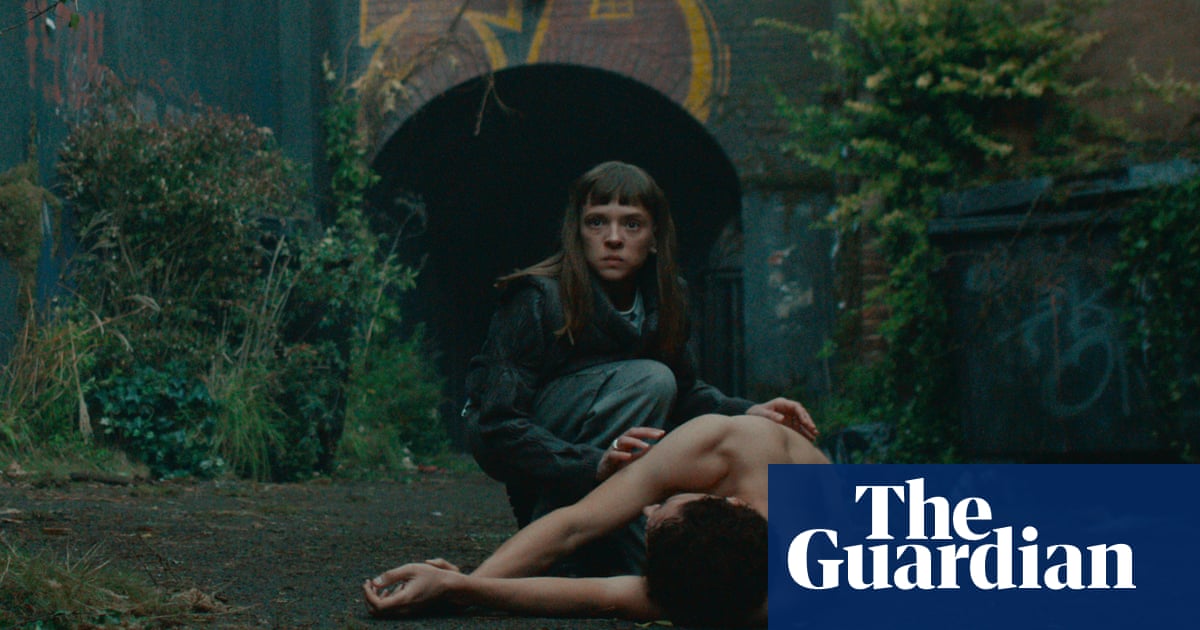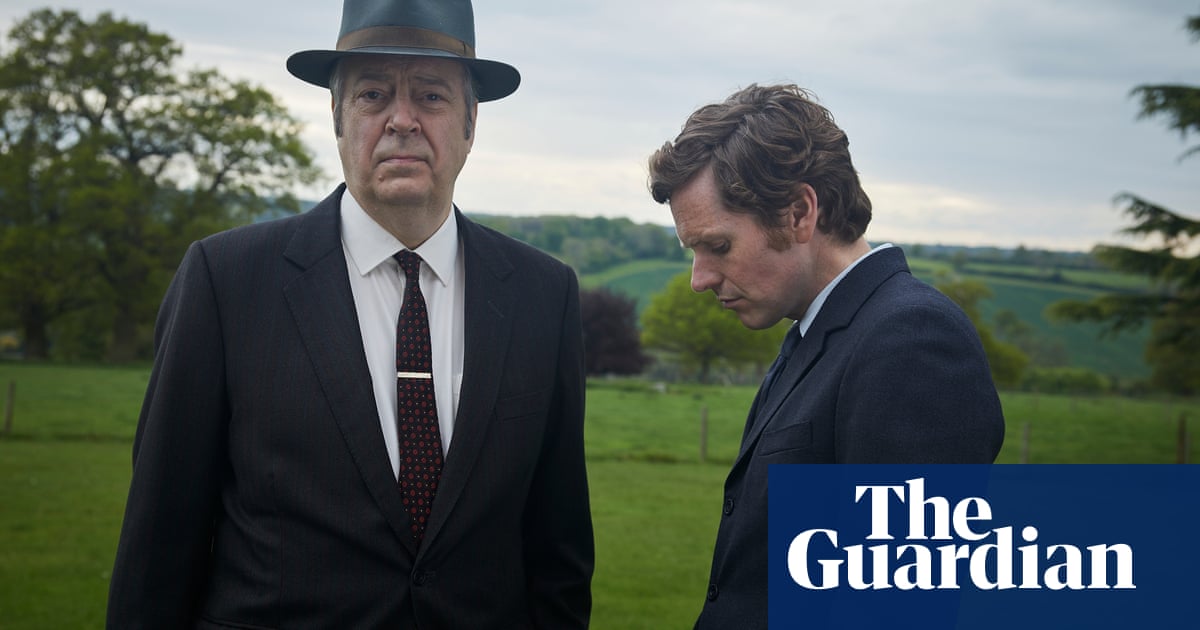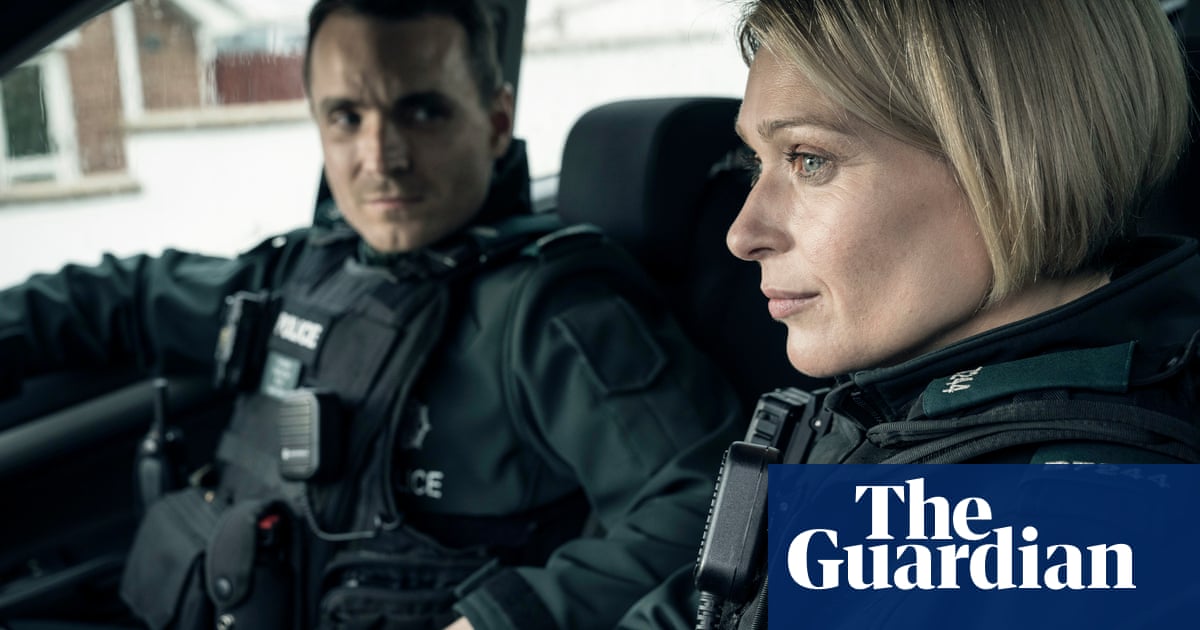
When Blue Lights first appeared, it was hard to get too excited about yet another cop show. We are only at the end of April and already the year has been stuffed with them, from the great (Happy Valley) to the functionally decent (Unforgotten) to the fine (Better), you can’t move for a moody detective or a seemingly uncrackable case. One theory about their enduring appeal is that police procedurals are the most psychologically satisfying form of storytelling, because they fulfil what the human brain finds pleasurable about drama – a puzzle to solve, red herrings and false starts, and the idea that somebody knows what’s going on, even if we don’t yet.
Written and co-created by Declan Lawn and Adam Patterson (who wrote The Salisbury Poisonings), Blue Lights sets itself apart from the pack. The series – whose final episode airs on BBC One tonight – has a journalistic eye for detail and nuance. It sidesteps the case-of-the-week template, preferring to take an overview of the incredibly complex world of policing in Belfast. This is rich material. First broadcast just before the 25th anniversary of the Good Friday Agreement, it paints a detailed picture of the city as it is today, with the Troubles never far from that picture, whether in the highly sensitive issue of policing by consent (and consent is not a given), or in the histories of the men (and women) involved in organised crime.
The show’s police protagonists are a clever blend of hardened old-timers and fresh-out-of-the-box rookies, who have no idea what their new careers have in store for them. Sometimes, the officers are involved in relatively mundane cases: a drunk man who refuses to leave a bar, a local “character” who gets himself arrested just so he doesn’t have to spend another day alone. There are cases where the stakes are much, much higher, such as Gordy, a teenager whose mother is rightly worried about the company he keeps, which turns out to be far more sinister than petty local criminals. It could have been overcooked, with its elements of organised crime, the legacy of terrorist violence, communities divided by sectarianism and a captivating spy aspect that makes it desperately unclear which side any of the players is truly on. Instead, Blue Lights has been one of the most thrilling shows of the year so far.
These characters are well drawn and believable. Although many shows try, few can stick two central players in a car together for extended scenes and create gripping TV, even in the moments where there’s not a lot of action going on. There’s Grace (played by Siân Brooke), who has moved from social work into policing and still carries the do-gooder within her. She believes she can change a system that barely gets through the day, while her partner, Stevie (Martin McCann), has a much more realistic view on what they do during a shift and what they leave behind when they go home at night. The partnership between young Tommy, who is on the fast track but is also naive and can’t shoot, and grizzled Gerry, who has seen far more than most, has developed into an almost paternal relationship.
Blue Lights is extremely good at building tension. There have been standoffs, lock-ins and a perpetual sense that something is about to go very wrong and that it is only a matter of time before everything collapses. The action pushes suspense to a point of being almost unbearable. When disaster comes, as it inevitably does, there is the feeling that it could happen to anyone. It could be Jen, the reluctant constable, now out of her probation but doing all she can to avoid active patrol. It could be Annie, forced out of her home due to threats against her. It could be Jonty, the inspector who is spinning too many plates, personally and professionally.
I won’t spoil it for viewers who wish to give Blue Lights a try – and it is well worth trying – but when the horrifying crescendo eventually comes, in the penultimate episode, it has earned the shock waves that follow. It has set up a finale in which enormous questions must now be answered, about loyalty, morality and duty, about personal relationships and the thorny, slippery notions of right and wrong. Another cop show then, but also so much more than just another cop show.
Blue Lights airs on BBC One and is available on BBC iPlayer.




